You don't need a cast here.
struct abc {
char k;
};
int main()
{
struct abc data[] = {.k= 'TI'};
}
Your object data is an array of struct abc. The initializer is for a single object of type struct abc.
If you want data to be a 1-element array, you can do this:
struct abc data[] = {{.k= 'TI'}};
or, if you want to be more explicit:
struct abc data[] = {[0] = {.k = 'TI'}};
That's valid code, but it's likely to trigger a warning. 'TI' is a multi-character constant, an odd feature of C that in my experience is used by accident more often than it's used deliberately. Its value is implementation-defined, and it's of type int.
Using gcc on my system, its value is 21577, or 0x5449, which happens to be ('T' << 8) + 'I'. Since data[0].k is a single byte, it can't hold that value. There's an implicit conversion from int to char that determines the value that will be stored (in this case, on my system, 73, which happens to be 'I').
A cast (not a "type cast") converts a value from one type to another. It doesn't change the type of an object. k is of type char, and that's not going to change unless you modify its declaration. Maybe you want to have struct abc { int k; };?
I can't help more without knowing what you're trying to do. Why are you using a multi-character constant? Why is k of type char?
